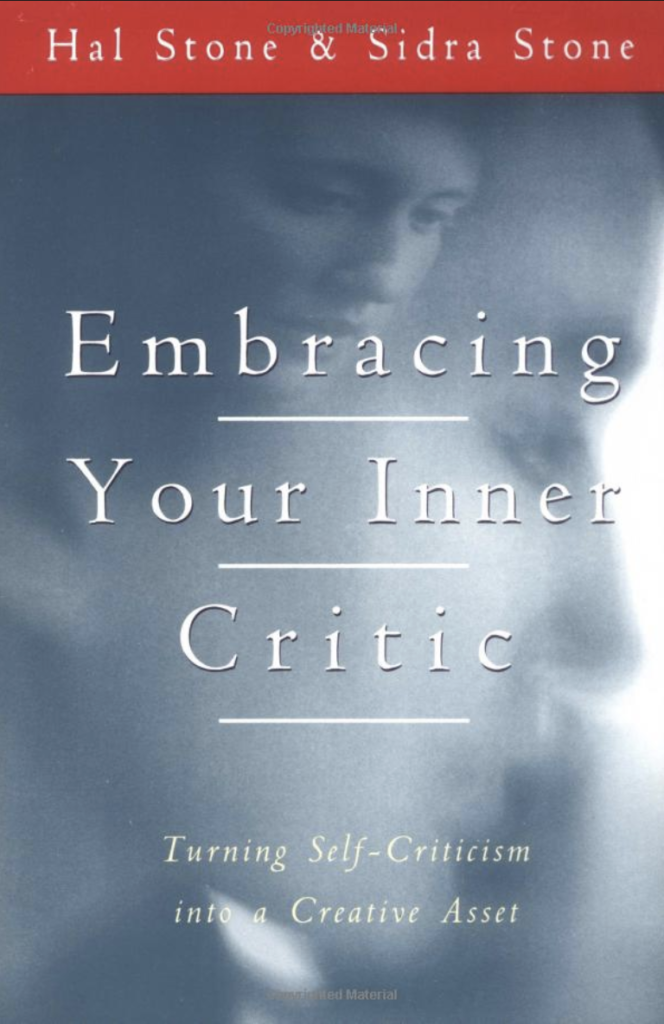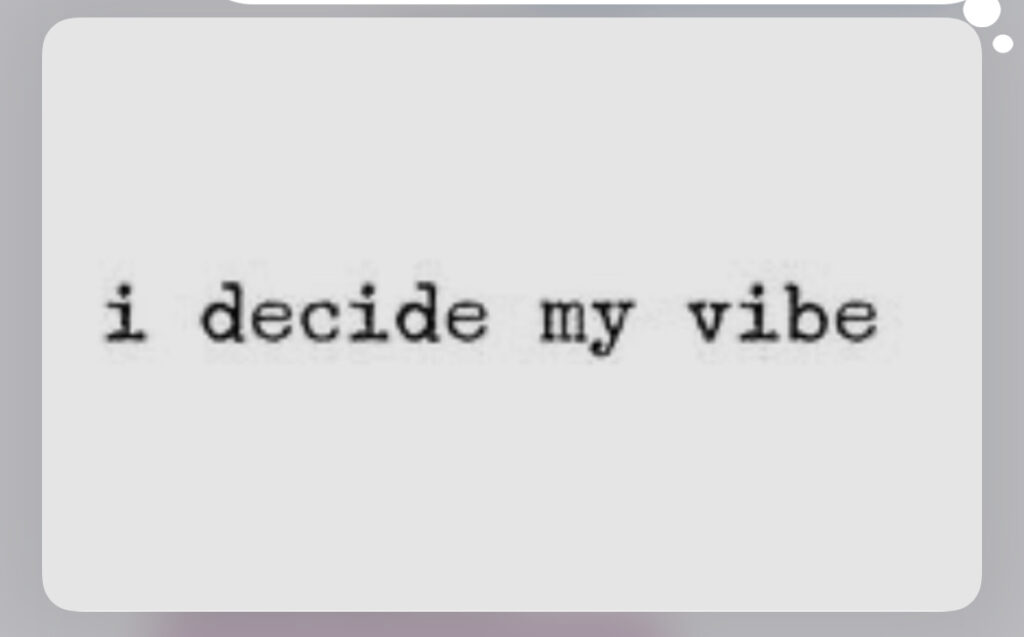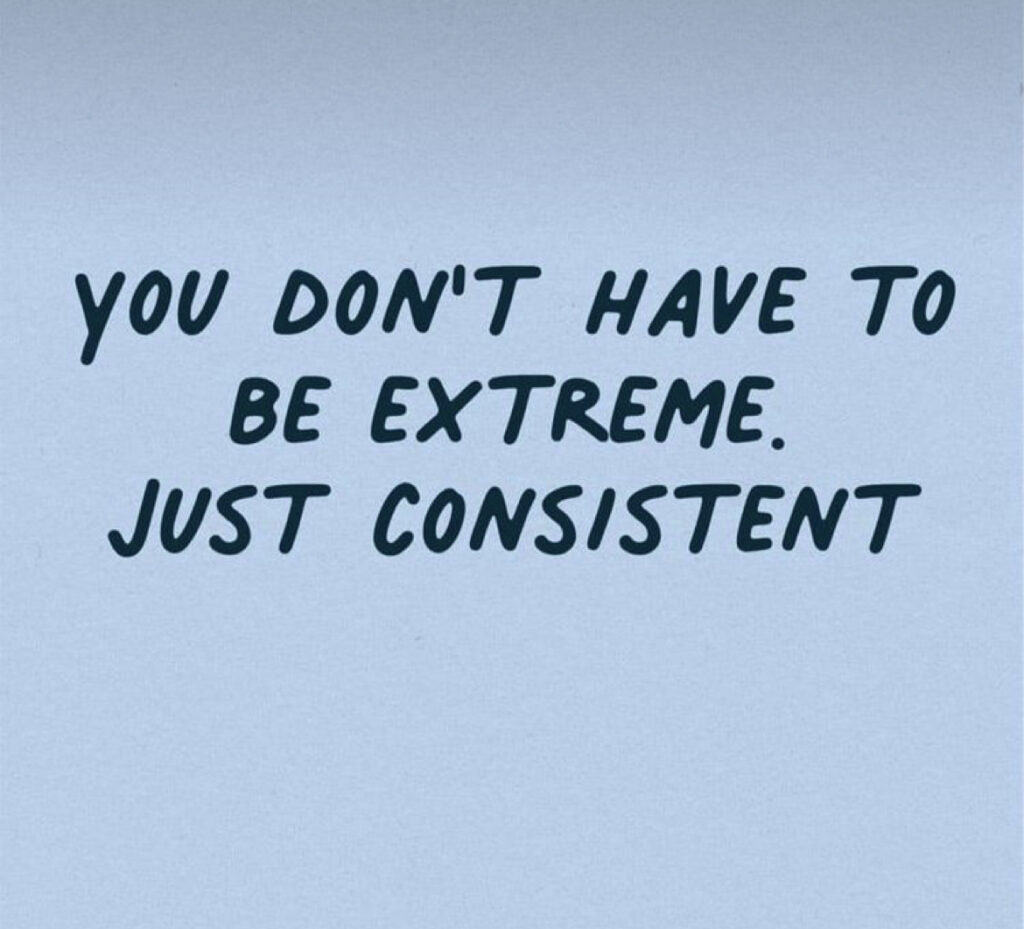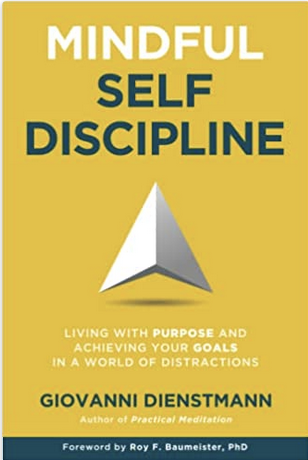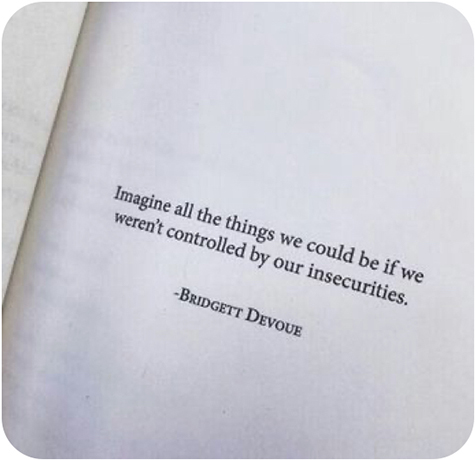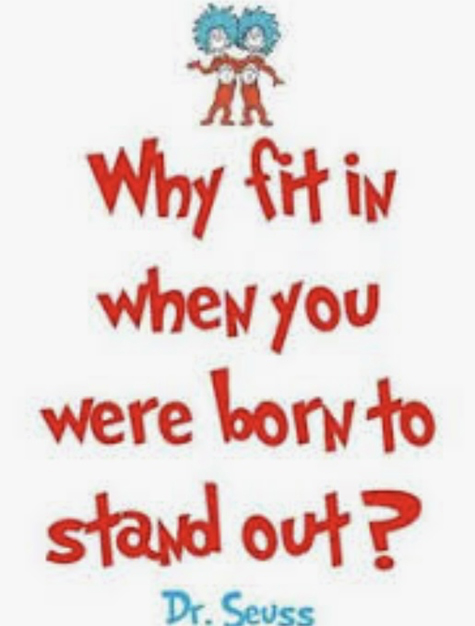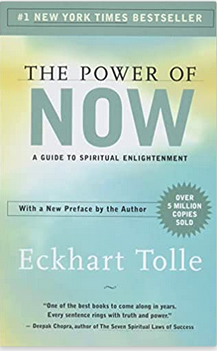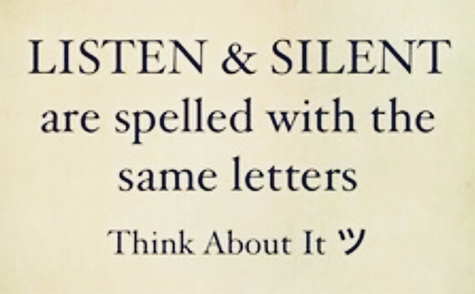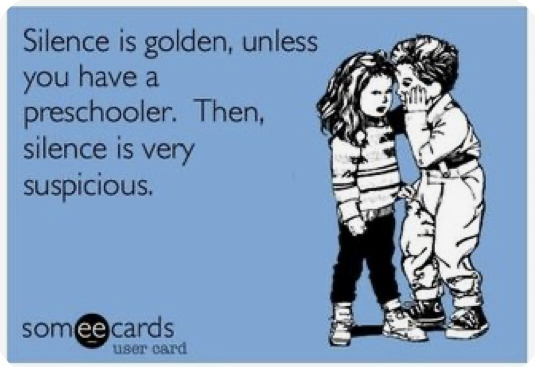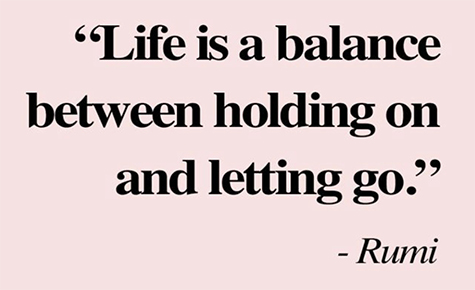INNER CRITIC
Over the past few weeks, our clinicians at Metro have been participating in a presentation on a type of therapy called Internal Family Systems (IFS) therapy. As we have been learning about IFS, we have been observing similarities between IFS and DBT and discussing how the wisdom of IFS can be integrated into our DBT work.
In IFS, there is a large emphasis placed on observing and describing parts of oneself. When expressing our emotions, thoughts, sensations, and urges we often say “I feel _.” or “I have the thought that _.” IFS asks that we instead shift our language to say “a part of me is feeling _.” or “a part of me is thinking _.” This language helps us to hold a dialectical view that the emotions, thoughts, sensations, and/or urges that we experience moment to moment, are one of many parts of ourselves, and that our one observation in that moment does not define our whole self.
In DBT we regularly discuss states of self and primarily reference our three states of mind (Wise Mind, Emotion Mind, and Reasonable Mind). Similarly, IFS places emphasis on a state of self called our Inner Critic. Our Inner Critic is a piece of ourselves that is often harsh and perpetuates self-judgments and self-invalidation. When our Inner Critic state arises, we may also get activated in our emotion or reasonable mind and have a mood-dependent urge to change. This might be change through attaching to and listening to our Inner Critic or change through trying to get rid of our Inner Critic.
It actually makes sense that we may have the urge to listen to our Inner Critic because IFS holds that its function is to protect us. Our past experiences are what build and strengthen our Inner Critic’s individualized recipe for protection. However, when listening to our Inner Critic, the mindset of our Inner Critic often takes over and we forget about the other parts of ourselves. On the other hand, sometimes we may have the urge to reject our Inner Critic and we feel that it “shouldn’t” exist. This is also a totally understandable urge because our Inner Critic can feel painful! However, our Inner Critic is not something that we can just get rid of because it is a part of ourselves.
In DBT our primary dialectic is holding both acceptance and change. Instead of jumping on the urge for change in the presence of our Inner Critic, IFS suggests radically accepting our Inner Critic. Accepting the presence of our Inner Critic and approaching it with curiosity and compassion, without attaching to it or rejecting it, is how we can decrease its intensity and control over us.
Over the next week can you start to mindfully observe and describe the presence of your Inner Critic? Where in your body do you observe your Inner Critic? When your Inner Critic arises, before acting from your Emotion Mind or Reasonable Mind, we’d ask that you first practice your STOP skill. Take a pause and a moment to access your Wise Mind. From your Wise Mind, we ask that you consider approaching your Inner Critic with curiosity and ask, “Why does it make sense that my Inner Critic is present right now?” Then maybe try holding compassion for your Inner Critic by telling it, “Thank you for trying to protect me in this moment.” We might then tell our Inner Critic, “I know you’re trying to protect me and I’m going to ask that you take a step back while I decide what to do from my Wise Mind.” Over time, building compassion for our Inner Critic may also help us to build compassion for all parts of ourselves.
WORDS OF WISDOM
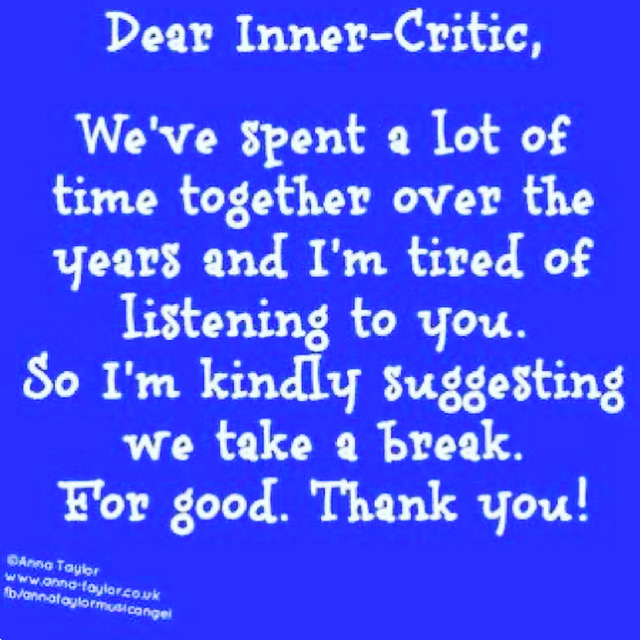
MEME OF THE WEEK

TED TALK
BOOK OF THE WEEK
(Click below to Purchase Book)
ACTIVITY

MENU

Fruit Smoothie, Best Guacamole Ever, How to Turn Lemons Into Ice Cream
CONTRIBUTE
